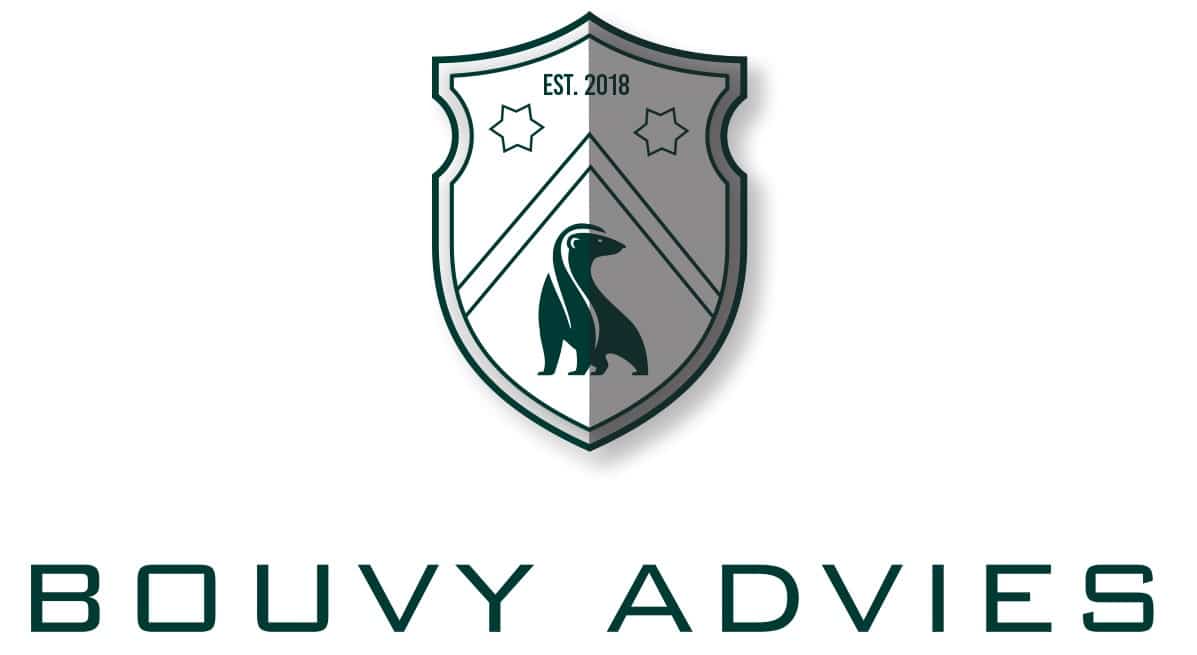What is an interest-only mortgage?
As the name suggests, you do not pay off anything with an interest-only mortgage. This means that the monthly payments are the lowest. You only get mortgage interest deduction on the interest paid. Since you only pay interest with this form of repayment, the refund is the largest. After 30 years, there is no longer any right to mortgage interest deduction, which means that the monthly payments increase. If you took out a mortgage before 2001, the interest is still deductible until 2031.
Maximum 50%
In order to limit the risks, an interest-only mortgage may not exceed 50% of the free market value of the home since August 2011. The remainder must be repaid in any case. If you have old rights (from before 2013 and a previously concluded interest-only mortgage higher than 50% of the home value), you may transfer the mortgage to another lender. The condition is that you do not move.
Take out an interest-only mortgage
The transitional law applies to the amount of the existing mortgage debt if you move to a new owner-occupied home. This means that the old rules continue to apply if you take out a new loan for an owner-occupied home before the end of the calendar year following the year in which you paid off the existing mortgage debt. Only the part that belongs to the existing mortgage debt is deductible.

